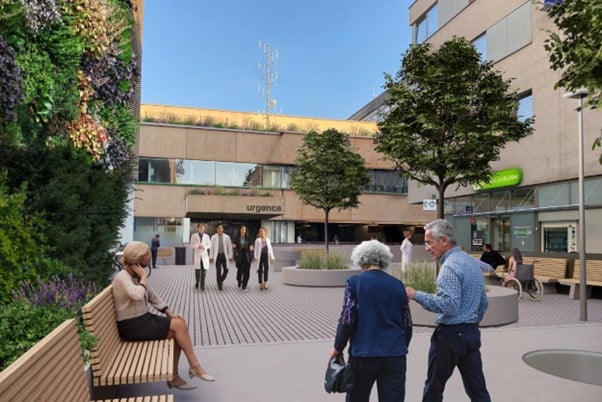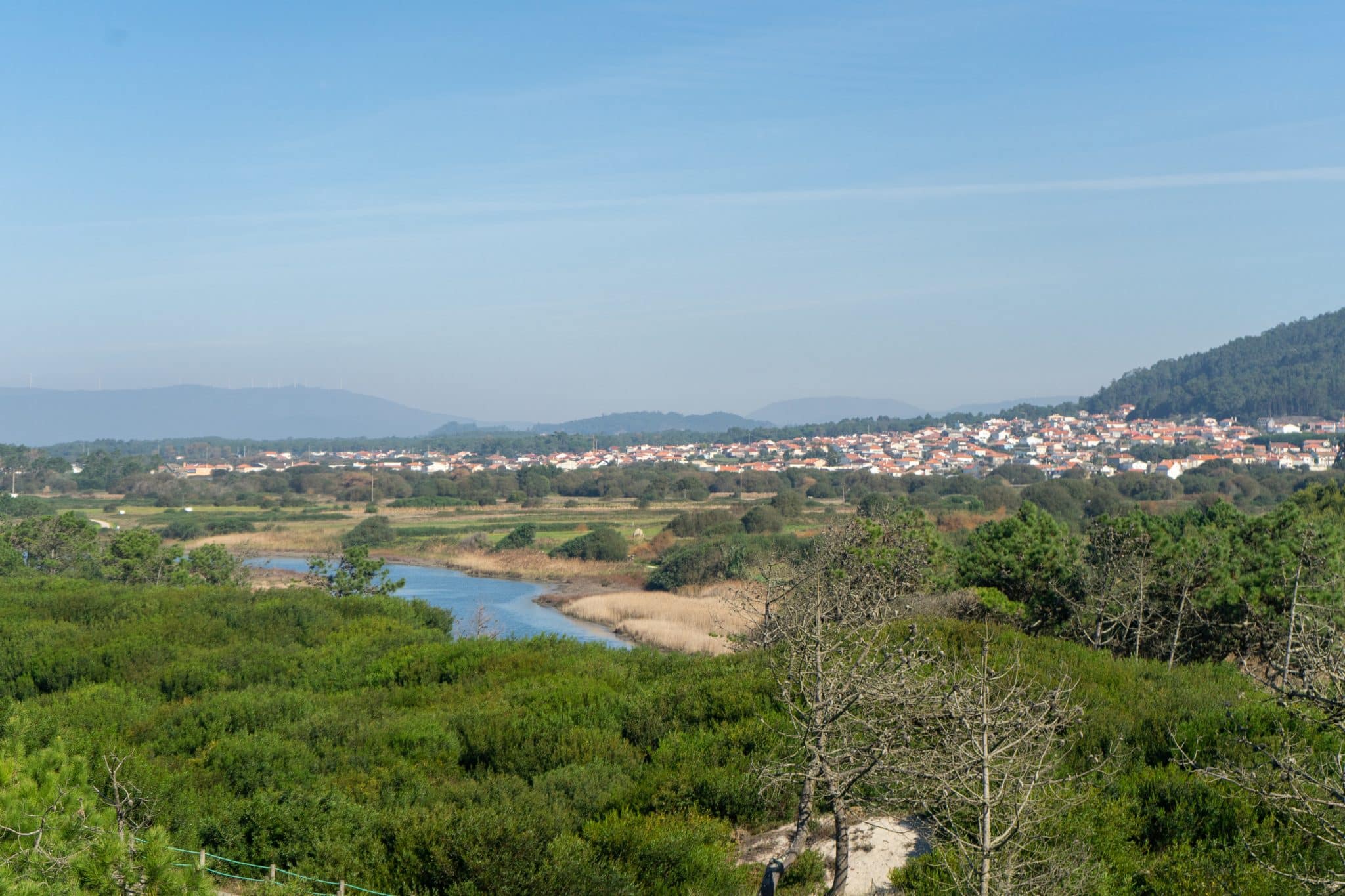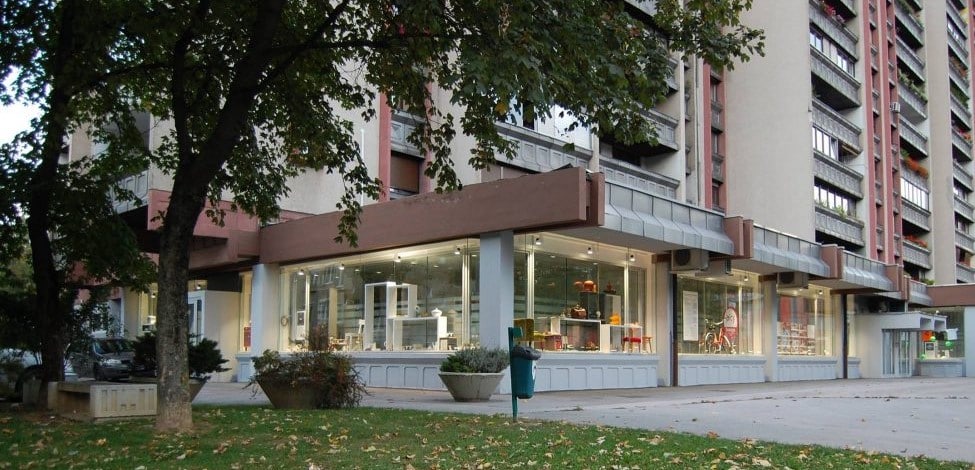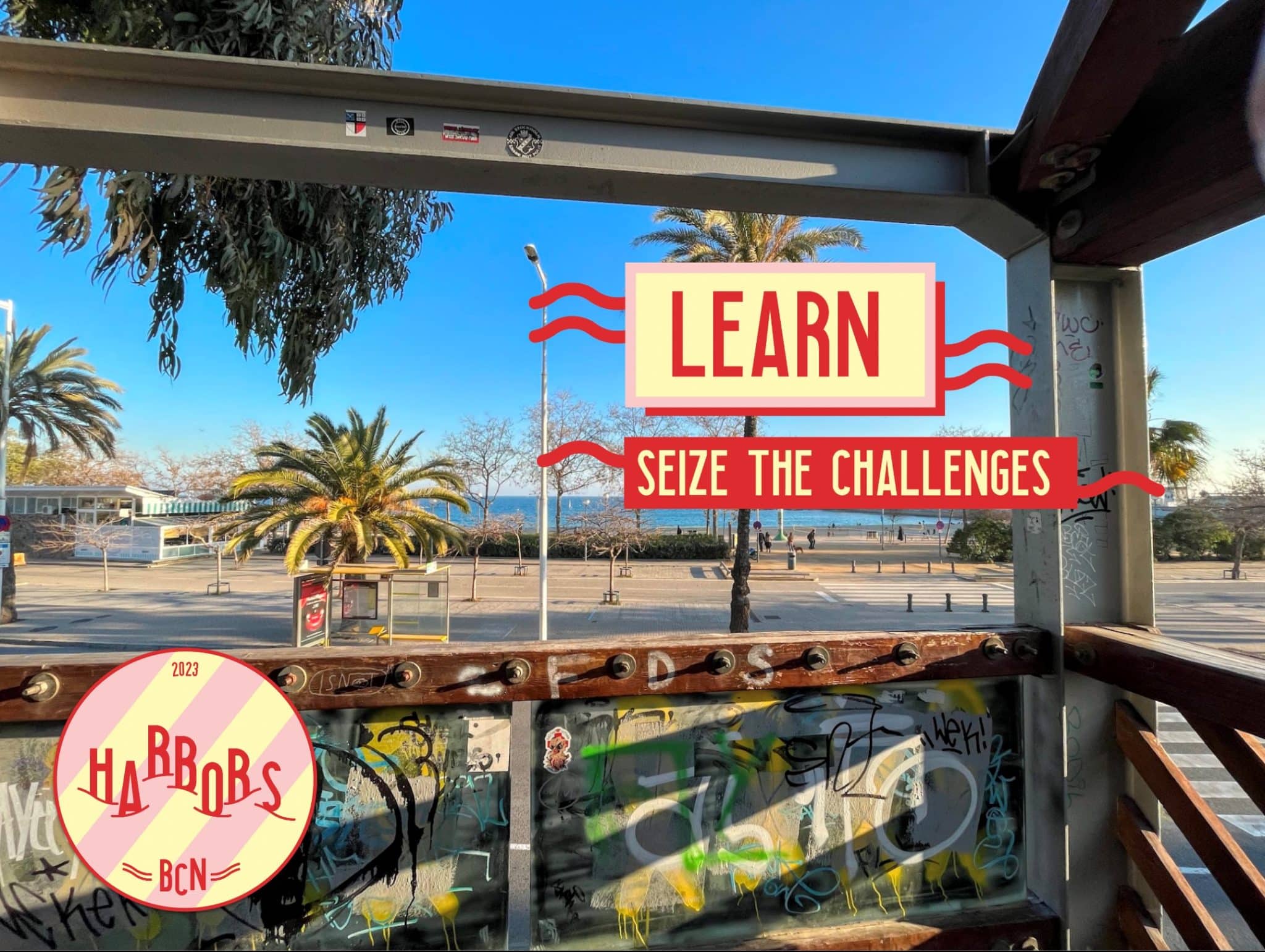6 New European Bauhaus projects secure funding to enhance local communities

The EIT Community New European Bauhaus (NEB) has selected six innovative projects to receive support through its community-focused Enhance NEB programme. It aims to strengthen projects that previously participated in both the Connect NEB and Co-create NEB programmes by either scaling them up within an existing location or replicating the innovations elsewhere.
As part of the wider New European Bauhaus initiative launched in 2021, the selected projects are working on ideas that help shape an alternative future for the continent – built on the principles of sustainability, inclusivity and beauty. The EIT Community NEB is supported by the European Institute of Innovation and Technology (EIT), a body of the European Union.
The EIT Community is ideally placed to support implementation of the NEB as it has created Europe’s largest innovation ecosystem with over 2,000 partners (business, research, education, cities) cooperating in over 60 hubs across Europe. The Enhance NEB programme will fund up to €40,000 per project, as well as offer business coaching, mentoring and access to one of the most prominent innovation communities in Europe.
Enhance NEB: The 6 selected projects
Neiva Community Lab, Portugal

The area surrounding the mouth of the river Neiva, northwest Portugal (Photo by Ana Clara Roberti).
The Neiva Community Lab, in collaboration with Rio Neiva and the municipalities of Esposende and Viana do Castelo, is an experimental initiative that connects the local community with regional, national, and international stakeholders to transform the area surrounding the mouth of the river Neiva, in northwest Portugal.
The initiative offers a local testing ground for some of our most significant challenges, such as climate change and biodiversity threats. It also addresses socio-economic issues, including population decline, ageing and lack of economic prospects, which are common in semi-rural settings.
By embracing a mission-driven approach, the Neiva Community Lab aims to create a sustainable development plan for the area, delivering lasting benefits to the community, stakeholders and the entire region.
For more information about the project, please visit: rioneiva.com/lab/
Spread the LoTs, Slovenia

The re-use centre in Velenje, northeast Slovenia, and the location of one of two new Libraries of Things.
A Library of Things (LoT) is a library where you can borrow anything but books – and specifically seldom used items, such as electric tools, camping gear and sewing machines. This concept allows people to understand the broader social and environmental impact of the sharing economy.
Following the opening of a LoT in Ljubljana in 2015, the Connect NEB programme paved the way for a new location on the opposite side of the city. As the project developed, discussions began with institutions and organisations in other Slovenian cities. The Enhance NEB programme will fund two new LoT locations in the France Bevk Public Library in Nova Gorica and the re-use centre in Velenje.
The ambition of the project is to work closely with local citizens to demonstrate how integrating the LoT within institutions can not only attract new users but, more importantly, ensure long-term financial sustainability, while still offering a non-profit community rental service that champions the circular economy.
For more information about the project, please visit: knjiznicareci.si/spread-the-lots/
Harbors Barcelona, Spain

The Barcelona coastline that will host the regatta featuring boats made by the local community.
In 2022, HARBOR Paris explored the city’s relationship with the river Seine through a community boat-building project with people at risk of social exclusion.
HARBORS Barcelona aims to replicate this methodology by working with young people to learn more about the city’s maritime heritage – focusing on aspects such as ethical consumerism, the impact of industry, beach cleaning and the consequences of climate change.
Participants will co-design and build their own wooden boats, which they will use to participate in a regatta on the Barcelona coastline. The aim of this activity is to promote both a sense of connection to the sea and belonging to the community.
For more information about the project, please visit: harbor.paris/barcelona
Awaiting Recovery (AwaRe), Slovenia

An artist’s impression of the redesigned outdoor space surrounding UMC Ljubljana.
In 2022, urban design studio Prostorož began researching the open spaces surrounding the clinics of the University Medical Centre of Ljubljana (UMC) and the nearby Oncology Institute. Although healthcare professionals, patients, and their relatives are the main users, they are rarely included in discussions about how to improve these spaces.
Through the AwaRe project, Prostorož will work with the Municipality of Ljublijana to enhance walkability and accessibility within the UMC. In close collaboration with the people who use and maintain the hospital areas, the project aims to achieve long-term support for accessible, open space that promotes wellbeing and aids recovery.
For more information about this project, please visit: prostoroz.org/projects/ukc-ljubljana
Play AUT the Box, Spain

An example of play infrastructure designed for children with Autism Spectrum Disorder (ASD).
The ambition of the Play AUT the Box project is to rethink public space, and specifically children’s play areas, with and for children with Autism Spectrum Disorder (ASD), and their families. While the previous ASD Publics project focused on producing autism-friendly design guidelines and a co-creation methodology, Play AUT the Box shifts the attention to specific play infrastructure, such as play containers housing toys for children with autism.
Experts from different disciplines, carpentry students and most importantly, families of children with autism will participate in a collaborative, iterative co-design process to create an autism- and environmentally friendly version of the play containers and contents. This process will include three workshops and a testing session where autistic children will play with the prototypes.
For more information about the project, please visit: asdpublics.eu/play-aut-the-box-english/
The Living Corridor, Italy

The Living Corridor launch event in November 2023 at the University of Turin.
Based in the School of Management and Economics at the University of Turin, the Living Corridor project aims to engage the community of students, citizens, gardeners, children, and people with disabilities through a series of participatory co-creation initiatives.
The ambition of the project is to set up a corridor of planters, but also a neighborhood tool and seed library, as well as educational and training initiatives. The successful kick-off event in November 2023 drew more than 100 attendees, including students, faculty staff, and partners from the City of Turin, the Agroinnova Centre and the Mandala Association.
For more information about the project, please visit: crowdusg.net/lorto-della-sme-unito/
